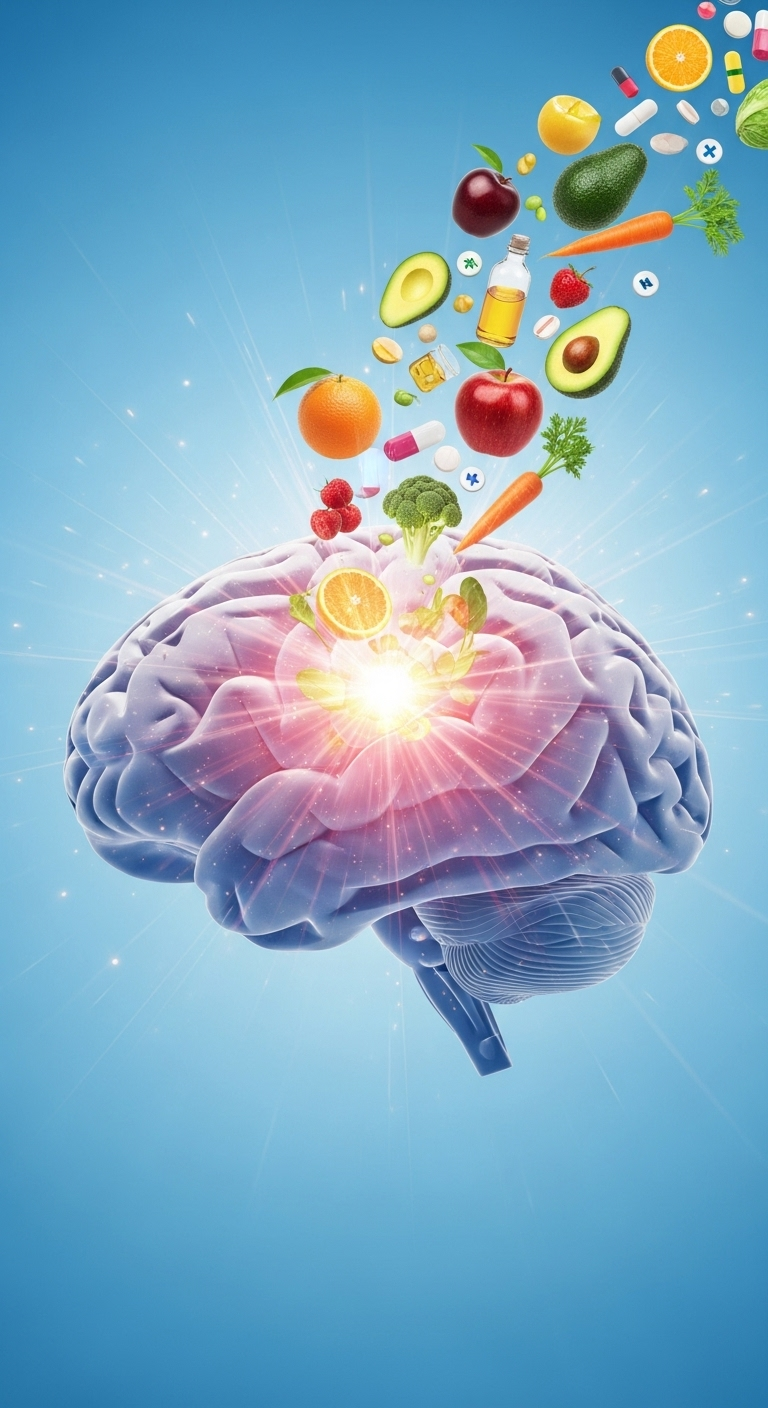
Our brains are incredible organs, constantly working to help us navigate the world, remember cherished moments, and learn new things. When we think about keeping our minds sharp, activities like crossword puzzles or Sudoku often come to mind. Yet, while these brain games certainly have their place, the truth is that a powerful foundation for robust brain health lies in something far more fundamental: our daily diet. What we choose to put on our plates and in our cups profoundly impacts our cognitive function, mood, and long-term neurological well-being.
It’s easy to assume that an occasional indulgence won’t harm us, and in many cases, that’s absolutely true. However, there’s a growing body of expert opinion, particularly from neurologists and neuroscientists, that points to certain popular and, let’s be honest, often delicious foods and beverages that are best avoided or consumed with extreme caution. These aren’t just general “unhealthy” foods; these are specific items that brain health specialists actively steer clear of due to their proven or suspected negative effects on our most vital organ.
This in-depth guide, informed by leading experts, dives into some of these surprising brain saboteurs. We’ll explore why these seemingly innocuous choices can, over time, wreak havoc on everything from our memory and focus to our mood and overall neurological resilience. By understanding these risks, we can all make more informed decisions, helping us to “Shop Smarter, Sleep Deeper” and ultimately nurture a healthier, sharper brain for years to come.

1. **Ultra-Processed Foods**Many of us frequently reach for foods that offer convenience and immediate gratification, often without realizing the profound impact they can have on our brains. Neurologists consistently caution against ultra-processed foods, typically loaded with added sugars, unhealthy fats, excessive sodium, and various preservatives. Common examples include chips, sweets, deli meats, hot dogs, instant noodles, microwave popcorn, store-bought sauces, ready-made meals, and frozen pizzas—staples in many modern diets, designed for palatability and shelf life.
Research shows a significant link between high consumption of these foods and negative cognitive outcomes. One study found that individuals getting over 19.9% of their daily calories from ultra-processed items over eight years increased their risk of detrimental effects on executive functioning and thinking ability. For a 2,000-calorie diet, this means 400 or more calories from foods offering little nutritional value. Calories, fats, and sugar can add up quickly; for instance, a can of regular cola has 155 calories, and a portion of lightly salted potato chips, 149 calories.
These foods not only displace nutrient-dense whole foods but also contribute to systemic inflammation, which harms the brain. They’ve been linked to decreased size of the hippocampus—critical for memory and emotions—and reduced total gray matter volume. Animal research from 2017 suggests ultra-processed foods may also impact the blood-brain barrier, making the brain more vulnerable. While occasional consumption is fine, a diet mainly composed of nutrient-dense whole foods is best for long-term brain health.
Read more about: Beyond the Bulk: The 15 Healthiest Costco Finds You Need in Your Cart Right Now!

2. **Protein Powder (with Artificial Sweeteners)**For many, a daily protein smoothie seems like a healthy choice for weight management or muscle building. However, neuroscientist Friederike Fabritius advises a close look at the ingredients. While protein powder is often marketed as healthy, many brands are packed with artificial sweeteners and additives that can actually harm brain health.
Fabritius emphasizes that these additives “wreak havoc on your gastrointestinal microbiome.” A healthy and robust internal microbiome is crucial for optimal brain health because a significant portion of our neurotransmitters—chemical messengers regulating mood and cognition—are produced in the gut. When this delicate gut balance is disrupted, it can lead to issues with mood regulation and cognitive clarity.
Therefore, while protein itself is vital, the artificial ingredients often found in protein powders warrant caution. Opting for unflavored, unsweetened varieties or checking labels for natural, brain-friendly sweeteners can help ensure your protein boost isn’t inadvertently undermining your brain’s well-being.

3. **Soda (Regular and Diet)**Neurologist Dr. Shaheen Lakhan doesn’t mince words: soda, whether regular or diet, is “flat-out bad for your brain.” The high concentration of simple sugars in regular soda damages the blood vessels supplying the brain. Over time, this damage “starves the brain from the very fuels it needs to function,” potentially leading to premature dementia and strokes. Acutely, sugar also causes brain inflammation, irritability, poor mood, and sleep disturbances, directly affecting daily mental well-being.
The constant “sugar rush” and “crash” cycles can foster addiction, characterized by cravings and withdrawals. Importantly, diet or “zero” versions offer no escape. Dr. Lakhan warns that “the calorie-free additives stress out the brain and trick it into consuming more calories and craving real sugar.” This means even diet sodas can perpetuate unhealthy eating patterns and contribute to brain stress, making them a poor substitute for water or other truly brain-friendly beverages.
Read more about: Sip Smarter, Live Better: The 12 Worst Drinks for Your Kidneys, According to Nephrology Specialists

4. **Margarine (Specifically with Trans Fats)**Dr. Shae Datta, a neurologist, strongly advises avoiding margarine, particularly varieties containing trans fats. While some butter alternatives are now trans fat-free, careful label checking is essential, as many traditional margarines still pose a significant threat to brain health. Trans fats are notorious for harming the heart and blood vessels, and Dr. Datta confirms, “The same applies to the vessels of the brain.” These unhealthy fats cause inflammation and damage throughout the vascular system, impairing crucial blood flow and nutrient delivery to brain cells.
The link between trans fat consumption and cognitive decline is well-documented. A study in the journal Neurology revealed that older adults with the highest levels of elaidic acid, a common trans fat, in their blood were more likely to develop dementia. This highlights the profound impact these fats have on long-term memory and brain function. Dr. Datta’s recommendation is clear: “Better to stick to olive oil and real butter.” These natural options provide healthier fat profiles that support optimal brain function.
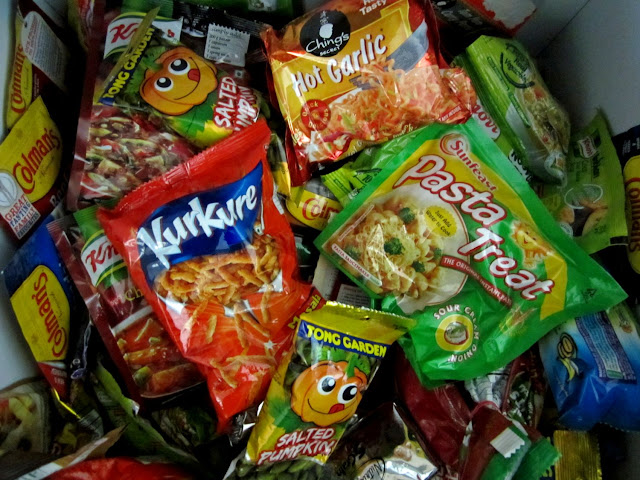
5. **Cannabis-Infused Foods**With the rising popularity and legalization of cannabis products, many might be surprised to learn about the potential neurological risks of cannabis-infused foods. Neurologist Dr. Lester Leung points out that despite claims of relaxation, cannabis is not universally beneficial for the brain. He cites “short-term cognitive impairing effects,” such as temporary memory issues and reduced concentration, indicating an immediate impact on brain function.
More critically, Dr. Leung explains that tetrahydrocannabinol (THC), the compound causing the “high,” “appears to constrict arteries in the brain.” This vasoconstriction reduces blood flow, which is particularly dangerous when consumed in large amounts, especially for individuals with migraines. Dr. Leung warns that the combination of heavy cannabis use and migraines “can lead to stroke, even in young, otherwise healthy people.” This emphasizes that even substances perceived as therapeutic can carry significant neurological risks, underscoring the need for caution and awareness.

6. **Beer (and Alcohol in General)**While a beer might seem like a harmless indulgence, neurologist Dr. Byran Ho offers a stark perspective: “Beer is comprised completely of empty calories with no nutritional value.” It provides calories without the essential vitamins and minerals crucial for brain and body health, displacing more beneficial nutrients.
More significantly, Dr. Ho emphasizes that “Alcohol is a neurotoxin,” meaning it directly damages nerve tissue. Its toxic effects extend to “injure both the central and peripheral nervous system.” Damage to the brain and spinal cord can lead to various cognitive and motor impairments.
Crucially, Dr. Ho states that these injuries can occur “even if consumed in moderate amounts,” challenging the notion that moderate drinking is always harmless. This highlights an inherent risk to neurological health due to alcohol’s neurotoxic properties. For optimal brain function, it’s vital to carefully consider the quantity and frequency of alcohol consumption.
Read more about: Pour Decisions: 14 Things Bartenders Secretly Wish You’d Stop Doing and Ordering

7. **Decaf Coffee (if not Solvent-Free)**Decaf coffee offers the flavor without the caffeine, but neuroscientist Sean Callan advises caution: “skip this jolt-free beverage unless you’re sure the decaffeination process is solvent-free.” The chemicals used in conventional decaffeination can pose significant health risks.
Callan explains that these solvents, such as methylene chloride, are “generally toxic to humans” and “are linked to increased risk of cancer or neurological harm, especially in large or repeated doses.” This suggests that regular consumption of chemically processed decaf could expose individuals to compounds detrimental to long-term brain health.
The concern is heightened for pregnant women, as solvents like methylene chloride “are known to cross the placenta, meaning pregnant women risk exposing their unborn child to the solvent.” To make informed choices, Callan recommends checking checkyourdecaf.org to research decaffeination methods. Prioritizing naturally processed or solvent-free decaf options is key to protecting both brain and overall health.

8. **Added Sugars**Beyond the sugars found in ultra-processed foods and sodas, neurologist and nutritional psychiatrist Dr. Uma Naidoo highlights the pervasive issue of “added sugars.” While the brain relies on glucose for energy, excessive intake of added sugars leads to too much glucose in the brain. This surplus has been scientifically linked to memory impairments and reduced plasticity of the hippocampus, the critical brain region governing memory.
Unhealthy processed foods like baked goods and many drinks are often overloaded with refined and added sugars, frequently in the form of high-fructose corn syrup, which floods the brain with glucose. The American Heart Association recommends women consume no more than 25 grams and men no more than 36 grams of added sugar daily. Checking the “added sugars” line on nutrition labels is crucial for identifying these hidden culprits.
By consciously reducing our intake of added sugars, we can prevent the brain from being overwhelmed by excess glucose, thereby supporting better memory function, cognitive flexibility, and overall brain health. This is a foundational step in fighting inflammation and promoting sharp thinking and good decision-making, as advocated by experts like Dr. Naidoo.
Navigating the maze of dietary choices for optimal brain health can feel overwhelming, but experts offer clear guidance. Beyond the well-known culprits, there are other surprising foods and hidden toxins that neurologists diligently steer clear of. Our deep dive continues, bringing more insights from leading brain health specialists to empower you in making choices that truly nourish your mind.
Read more about: Unlock a Healthier You: 10 Expert-Backed Ways to Boost Your Daily Fiber Intake Effortlessly
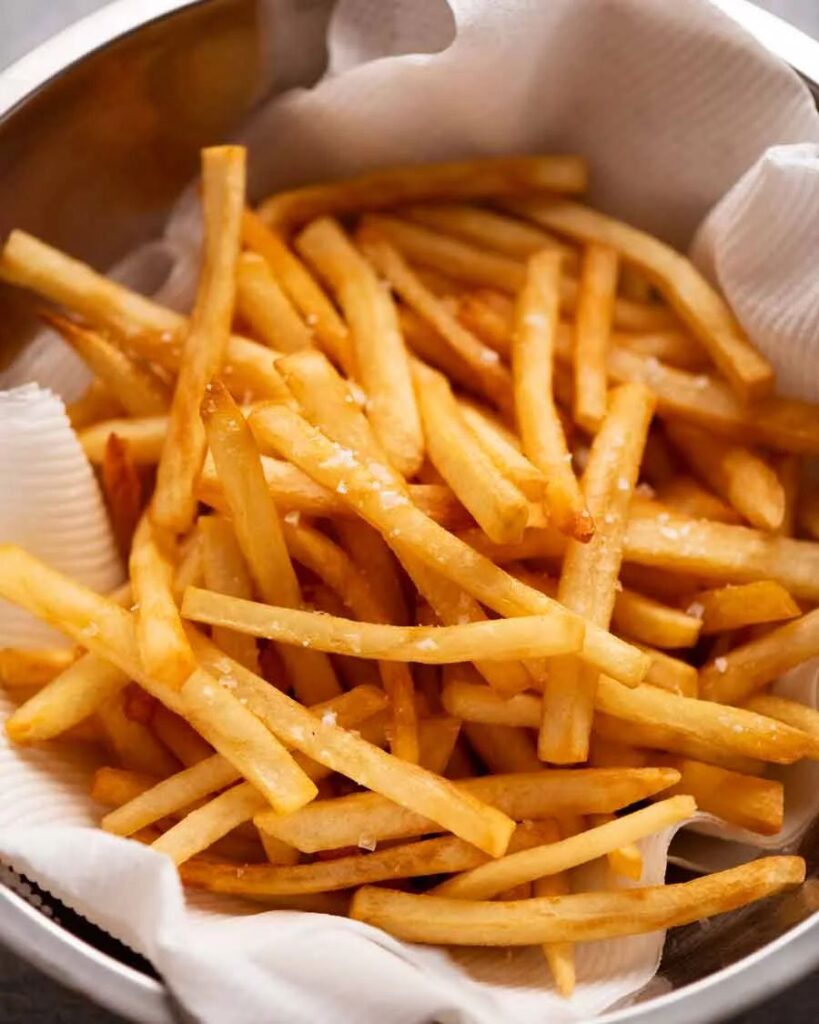
9. **French Fries**Who can resist the golden allure of French fries? Unfortunately, neurologist Dr. Pedram Navab identifies them as one of the main foods he actively avoids. His reasoning is simple yet profound: a diet high in fatty foods, like these crispy delights, can significantly damage the delicate blood vessels that supply the brain, leading directly to cognitive impairment.
Dr. Navab explains that consuming these fatty foods reduces the integrity of the blood-brain barrier (BBB). This critical membrane acts as a protective shield for the brain, preventing harmful substances from entering. When the BBB is compromised, it makes the brain more vulnerable and susceptible to damage.
Furthermore, this disruption leads to neuronal damage in the hippocampus. The hippocampus is a crucial part of the brain that plays an instrumental role in learning and memory. Protecting its health is paramount for maintaining sharp cognitive functions and preserving our ability to learn and recall information throughout life.
Read more about: Fueling Clarity: The 12 Snacks CEOs Absolutely Avoid for Sharp Decision Making and Energy
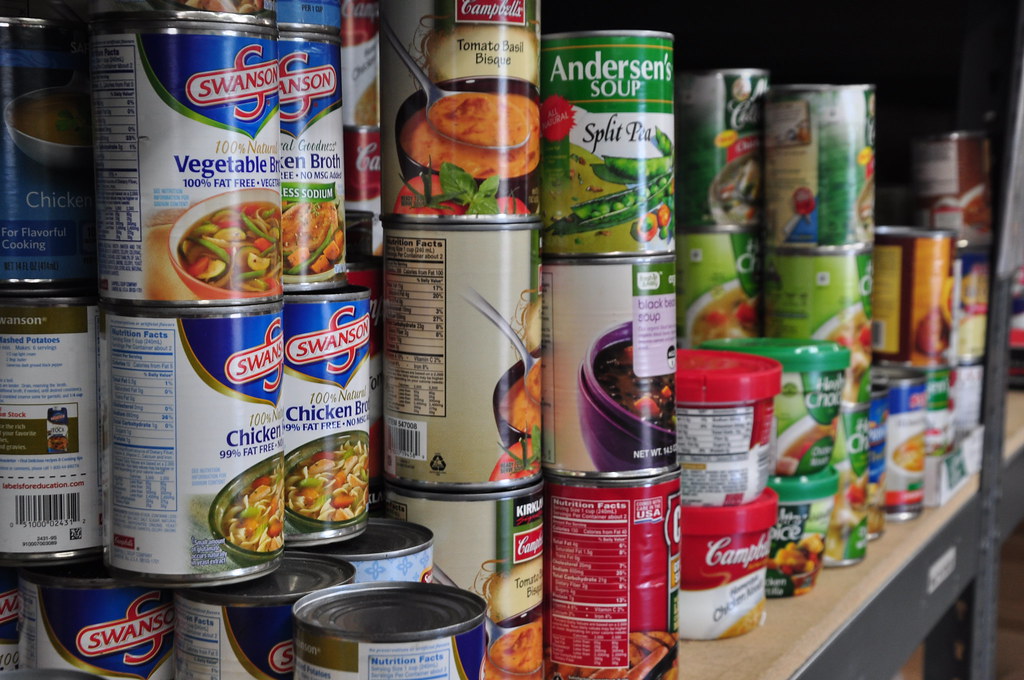
10. **Canned Foods (that appear damaged)**While we often focus on the ingredients *within* our food, the packaging itself can sometimes pose a hidden danger. Neurologist Dr. Baibing Chen, also known as Dr. Bing, issues a strong warning about canned foods that show signs of damage—such as bulging, cracks, or severe dents—because these are red flags for botulinum contamination.
Botulinum toxin is an incredibly potent neurotoxin that is both odorless and tasteless, making it undetectable without specific testing. Dr. Chen cautions that even heating contaminated food may not fully neutralize this dangerous substance. When in doubt, his advice is unequivocal: “throw it out.”
This rare but serious illness, botulism, directly attacks the nerves, leading to debilitating muscle paralysis, severe breathing difficulty, and can even be fatal. Home-canned, low-acid foods—like green beans, asparagus, corn, meats, garlic, and fermented fish—are particularly high-risk. To prevent botulism, always refrigerate or freeze leftovers promptly, discard any damaged cans, and adhere strictly to USDA guidelines for home-canning.

11. **Reef Fish**For those who enjoy seafood, Dr. Baibing Chen offers another specific caution: large tropical reef fish. He explains that he avoids species like barracuda, grouper, and Amberjack due to the presence of a neurotoxin known as ciguatoxin. This toxin originates from certain algae in coral reefs, acting as a defense mechanism, and then travels up the food chain to carnivorous fish, eventually reaching humans.
The neurological symptoms of ciguatoxin poisoning can be quite unsettling and distinctive. Dr. Chen describes feelings of tingling and numbness, alongside a peculiar sensation called reverse temperature sensation, where hot objects feel cold and cold objects feel hot. Vivid nightmares are another disorienting symptom reported by those affected.
Globally, approximately 50,000 cases of ciguatera poisoning are reported each year, though the actual numbers may be higher due to frequent misdiagnosis. Importantly, ciguatoxin is heat-stable, meaning cooking the fish will not destroy it. Dr. Chen advises limiting or avoiding large predatory fish, skipping specific parts like the liver or roe, and being aware of endemic areas such as the Pacific and Indian Oceans and the Caribbean Sea.
Read more about: A Deep Dive into the World’s Fastest: Records That Redefine Speed Across Land, Air, Sea, and Space

12. **Under-cooked Pork**Another surprising item on Dr. Baibing Chen’s list of foods to avoid is under-cooked pork, especially if it comes from unregulated sources. The concern here is a serious infection called neurocysticercosis, which occurs when a person ingests pork tapeworm eggs. Once swallowed, the larvae can migrate to various tissues, including the brain, where they form cysts.
Dr. Chen highlights a “little-known fact” that neurocysticercosis is actually one of the leading causes of acquired epilepsy worldwide. This infection isn’t confined to developing countries either; it can also be observed in developed nations, particularly in areas with poor sanitation, underscoring its global relevance.
In the U.S., about 1,000 new hospitalizations for neurocysticercosis are reported annually, with cases most frequently seen in states like New York, California, Texas, Oregon, and Illinois. Prevention is key: meticulous handwashing, thoroughly cleaning and peeling fruits and vegetables, and only drinking bottled or boiled water in regions where the supply might be questionable.

13. **Fried Foods**Beyond specific high-fat items, nutritional psychiatrist Dr. Uma Naidoo urges us to reconsider our relationship with fried foods in general. While temptations like tempura, samosas, and fish and chips are undeniably delicious, she emphasizes that when it comes to long-term brain health, reducing their intake is a wise decision.
Research strongly supports this caution. One significant study involving over 18,000 individuals found a clear link between a diet rich in fried foods and lower scores in learning and memory. The underlying reason for this cognitive decline is believed to be the inflammation caused by these indulgent pleasures, which damages the crucial blood vessels supplying the brain with oxygen and nutrients.
Moreover, the impact of fried foods extends beyond cognitive function to our mental well-being. Another study examined 715 people, correlating their fried food consumption with levels of depression and mental resilience. Researchers discovered that those who consumed more fried foods were significantly more likely to develop depression in their lifetime. Dr. Naidoo offers actionable advice: if you currently enjoy fried foods daily, try switching to a weekly habit, and if it’s already weekly, aim for just once a month.
Read more about: Fueling Vision: The 14 Foods Ophthalmologists Strictly Limit for Optimal Eye Health and Clarity

14. **High-Glycemic-Load Carbohydrates**Even if certain high-carbohydrate foods don’t taste sweet, their impact on our brain can be strikingly similar to that of sugar. Dr. Uma Naidoo points out that foods like bread, pasta, and anything made from refined flour are processed by the body in much the same way as sugar, increasing the risk for depression.
While eliminating carbohydrates entirely is neither practical nor necessary, Dr. Naidoo stresses that the *quality* of the carbohydrates we choose is paramount. In 2018, researchers evaluating the link between specific carbohydrates and depression administered a “carbohydrate-quality index” questionnaire. This index defined “better-quality” carbohydrates as whole grains, high-fiber foods, and those ranked low on the glycemic index (GI).
The glycemic index measures how quickly foods convert to glucose during digestion, with faster conversion leading to a higher GI ranking. The study’s findings were compelling: participants with the highest scores on the carbohydrate-quality index were 30% less likely to develop depression compared to those consuming high-GI carbs. Examples of high-GI foods include potatoes, white bread, and white rice, while green vegetables, most fruits, raw carrots, kidney beans, chickpeas, and lentils are excellent low-GI choices.
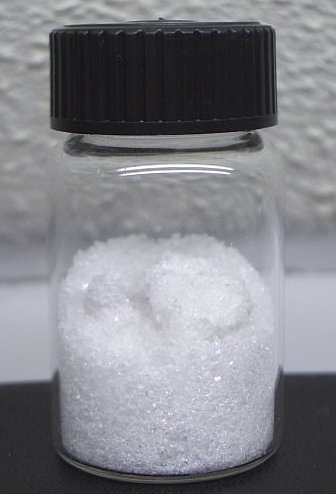
15. **Nitrates**The convenience and flavor of deli slices and cured meats like bacon, salami, and sausage often come with a less savory ingredient: nitrates. Dr. Uma Naidoo highlights these compounds, used as preservatives and color enhancers, as potentially connected with depression. It’s a subtle but significant factor in our daily diets that many might overlook.
A recent study further deepens the concern, suggesting that nitrates can actually alter our gut bacteria. This alteration can potentially tip the scales toward conditions like bipolar disorder, underscoring the intricate connection between our diet, gut health, and mental well-being. Understanding these links is vital for making informed choices.
If these cured meats are simply indispensable in your diet, Dr. Naidoo offers a thoughtful compromise. She advises seeking out versions that contain buckwheat flour, often used as a filler. Buckwheat flour is rich in important antioxidants that may help to counteract some of the negative health effects associated with nitrates, offering a small but significant step towards mitigating risk.
Read more about: Fueling Vision: The 14 Foods Ophthalmologists Strictly Limit for Optimal Eye Health and Clarity
In the journey toward a healthier, sharper brain, the power to make impactful changes lies within our daily food choices. By being mindful of these lesser-known brain saboteurs and embracing expert-backed advice, we can consciously nourish our minds, reduce inflammation, and enhance our cognitive resilience. It’s about empowering ourselves to shop smarter, sleep deeper, and live with greater mental clarity and vitality, one thoughtful bite at a time.



